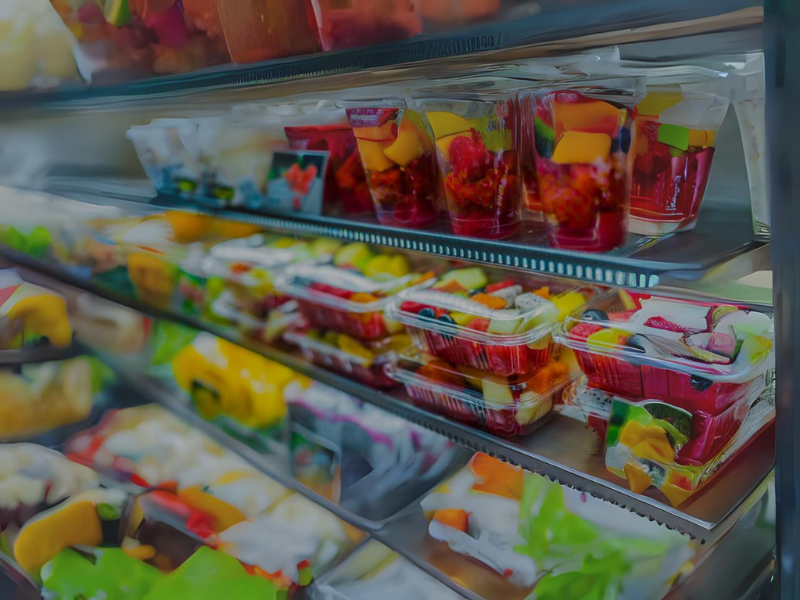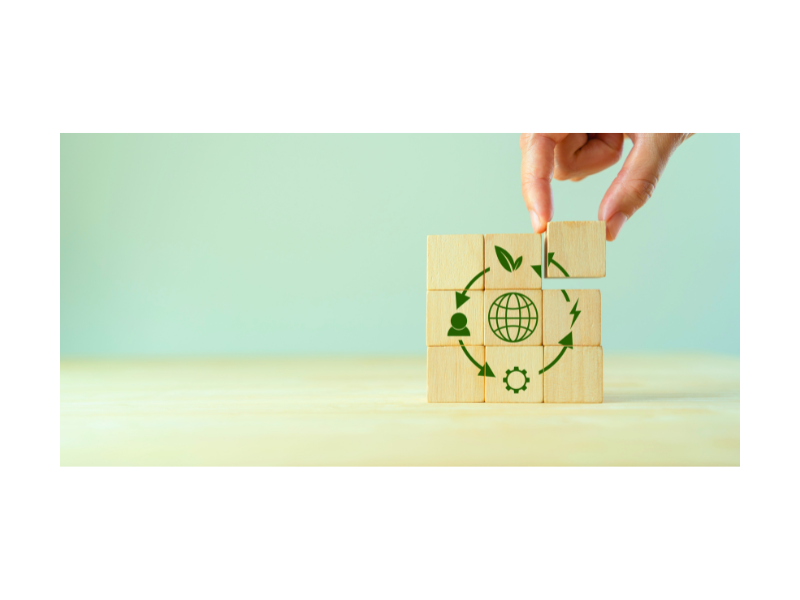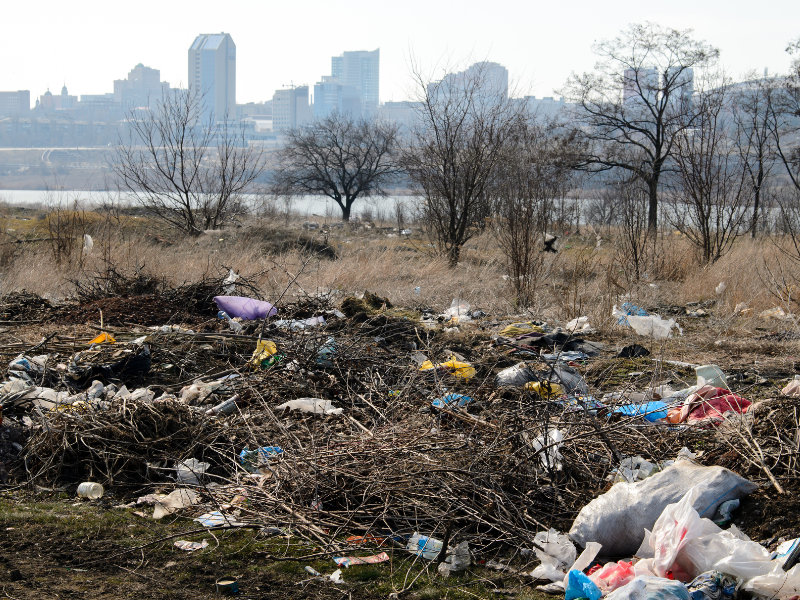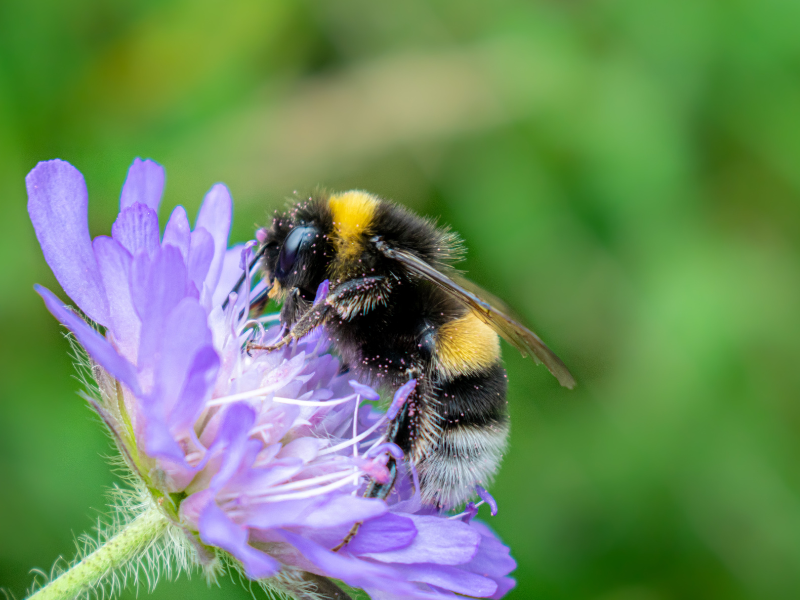Crackdown on PFAS, US and France move to protect consumers from forever chemicals
15 April 2024
Several states are initiating measures to safeguard their consumers from PFAS, or Per- and polyfluoroalkyl substances, commonly dubbed ‘forever chemicals’ due to their enduring presence in the environment. PFAS are a large class of thousands of synthetic chemicals that are used throughout society, increasingly detected as environmental pollutants and often linked to negative effects on human health.
A pivotal move stirring enthusiasm among public health experts occurred on 10 April, when the US Environmental Protection Agency (EPA) unveiled the inaugural legally binding standard in the United States for PFAS, which are employed since the 1950s in the production of non-stick cookware, heat-resistant materials, outdoor apparel, toys, pizza boxes, and now detectable in American soil, drinking water, and bodies. Michael Regan, administrator of the EPA, voiced aspirations to avert “thousands of deaths and reduce tens of thousands of severe PFAS-related illnesses,” encompassing certain cancers, while curtailing the adverse effects these substances exert on children’s immune systems and development. The Centers for Disease Control and Prevention (CDC), the principal public health authority in the US, notes that these pollutants are quantifiable in the bloodstream of nearly all Americans.
France has also decided to protect its consumers from the harmful effects of PFAS. The National Assembly adopted, on 4 April, a bill aimed at restricting the manufacturing and sale of products containing PFAS, but kitchen utensils were excluded from the scope of the approved text. The majority proposed postponing the ban on kitchen utensils from 2026 to 2030. This compromise was rejected by the ecologists, who did not want to extend it beyond 2027. The paragraph concerning these products was therefore simply removed, igniting the indignation of Green MPs.
In Europe, in November 2022, The European Commission adopted rules to protect citizens against chemicals that can have negative consequences on the immune system, the development of foetuses and babies, or cholesterol. The new rules limit the levels of four environmental chemicals, perfluoroalkylated substances (PFAS), in certain foods (in eggs, fish meat, crustaceans, bivalve molluscs, meat and offal of farmed and wild animals).
In February 2023, ECHA, the European Chemicals Agency, published a restriction proposal on PFAS, prepared by authorities in Denmark, Germany, the Netherlands, Norway and Sweden and aimed at reducing PFAS release into the environment and enhance the safety of products and processes for individuals. Without proper mitigation of their emissions, humans, flora, and fauna will experience heightened exposure, potentially leading to negative health consequences for people and harm to the environment. The authorities predict that without intervention approximately 4.4 million tons of PFASs could enter the environment over the next three decades.
SAFE, always at the forefront in advocating for the ban of harmful substances from consumer products, including PFAS, reminds that microplastics can act as carriers for PFAS, contributing to the spread of these chemicals in the environment and their accumulation in biological tissues. The interaction between microplastics and PFAS is another cause for concern for the environment and human health, as we state in SAFE’s Manifesto.
High-fat, sugary diets in teens may permanently harm memory
SAFE response to Public Consultation on Food safety – plastic food contact materials (FCMs)
SAFE welcomes the proposed revision of quality control rules for plastic food contact materials (FCMs)….
OPEN LETTER: Yes to an EU legislation on Sustainable Resource Management
SAFE has cosigned an open letter together with other NGOs, academics, and industries addressed to…
Crackdown on PFAS, US and France move to protect consumers from forever chemicals
Several states are initiating measures to safeguard their consumers from PFAS, or Per- and polyfluoroalkyl…
Organic alternative to chemical pesticides discovered
Terpenoids, which are organic compounds naturally found in abundance in plant essential oils, have received…
R3PACK Consortium backs BPA ban
Ingredients Network









